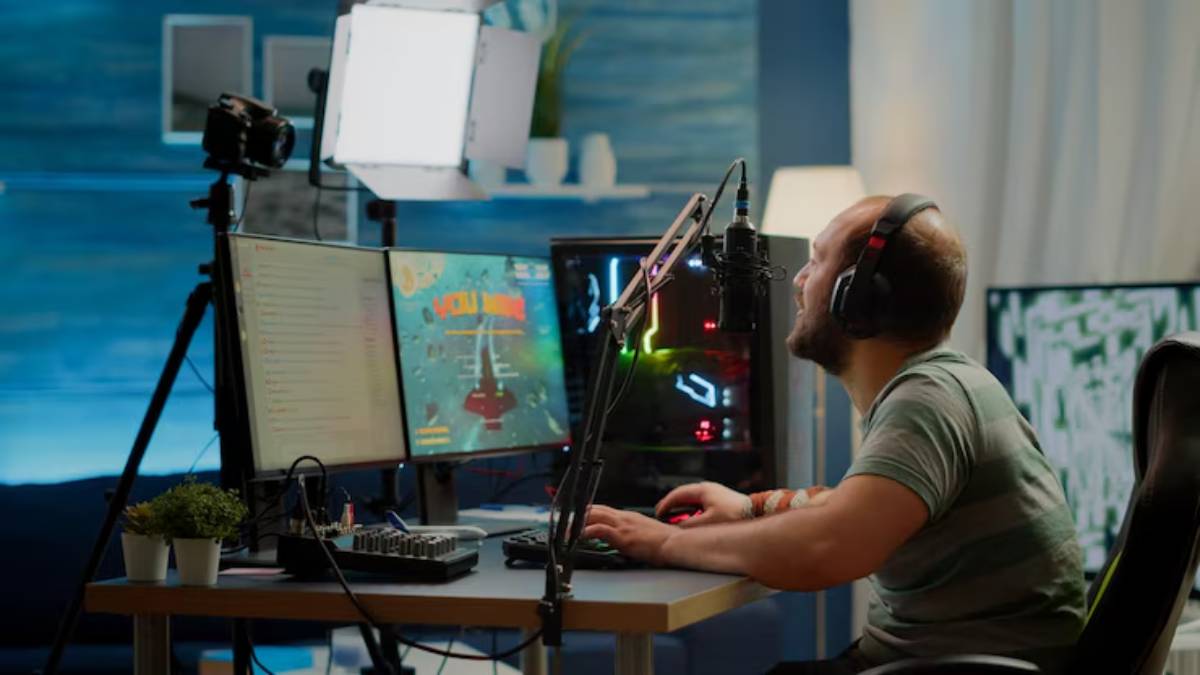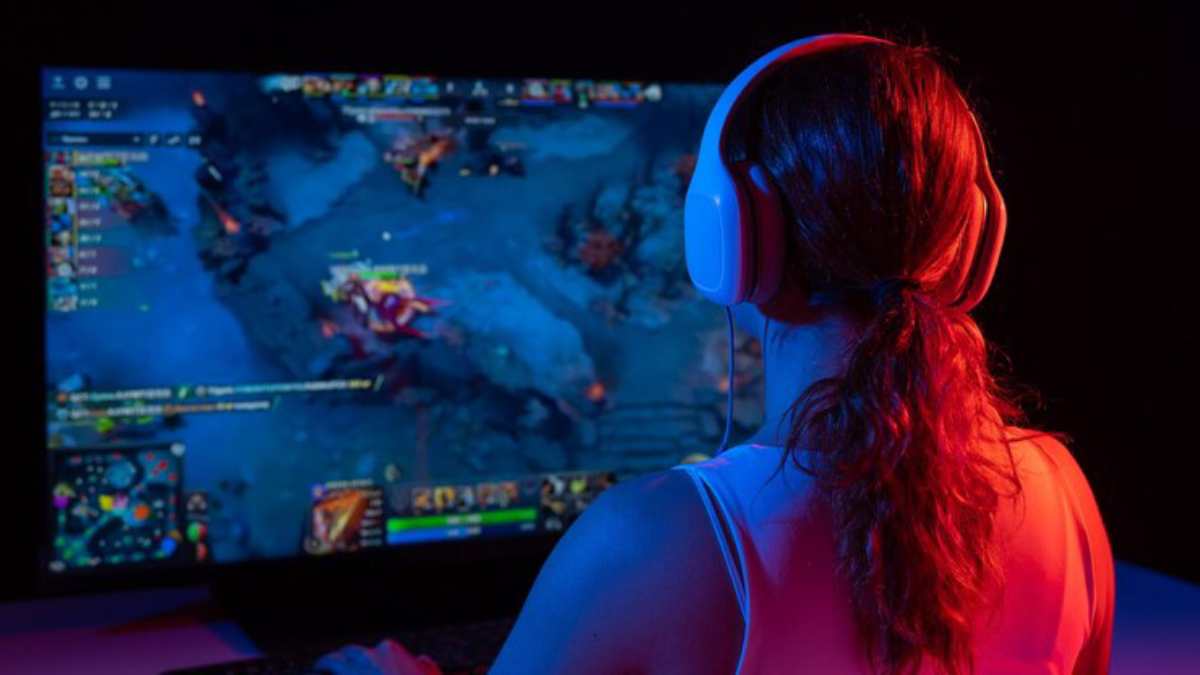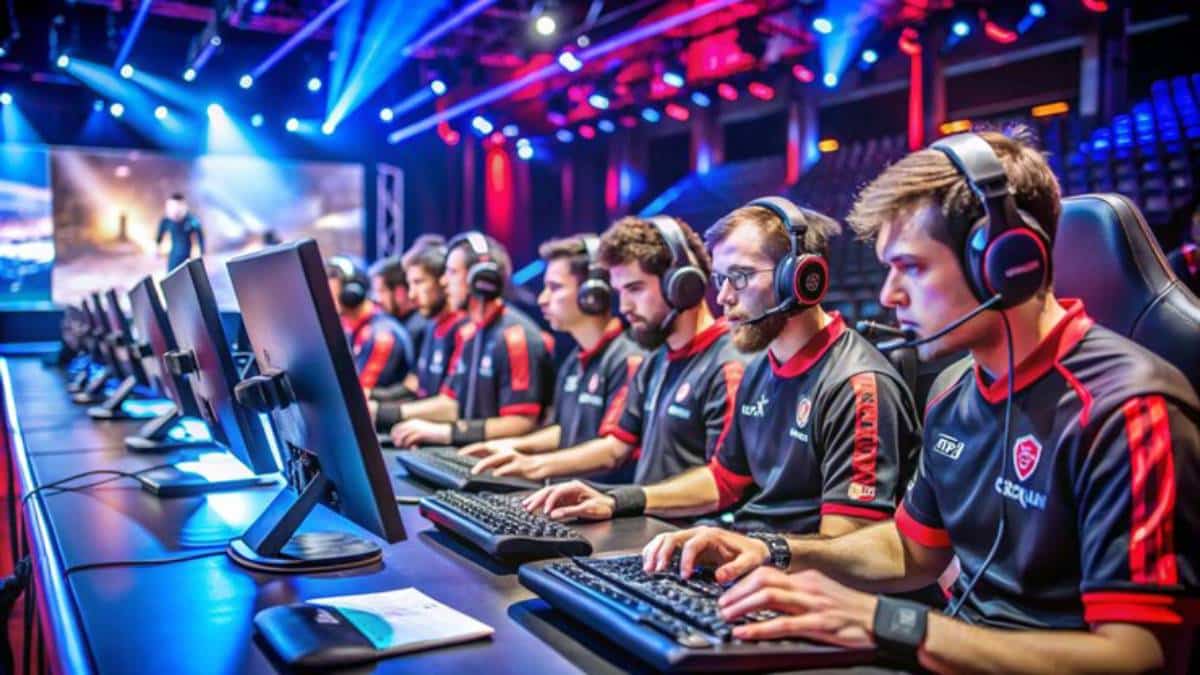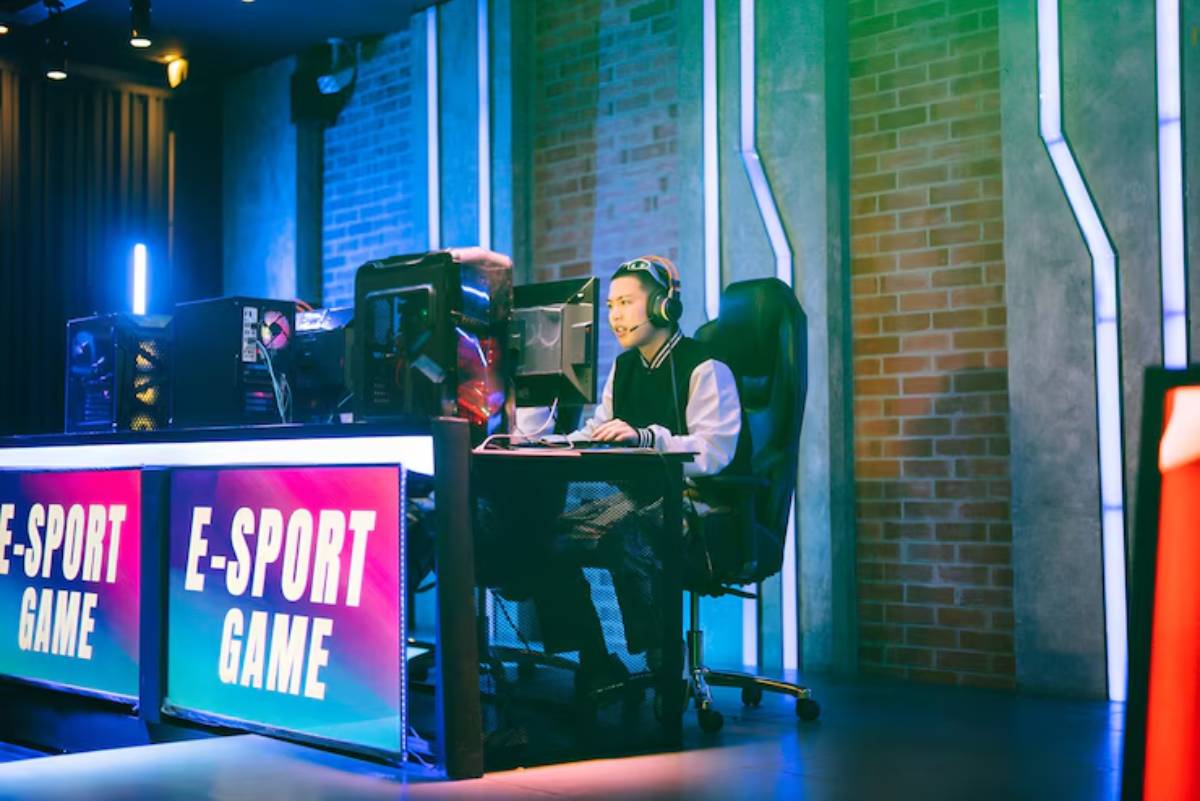
Developing a Training Regimen for Aspiring Esports Athletes
Esports has exploded in popularity over the past decade. It has shifted from a niche hobby to a global sensation. The rise in esports has created a big need for structured training plans for future athletes. A good training plan is essential for anyone who wants to succeed in competitive gaming. This blog looks at how to create a complete training program for esports athletes. We’ll explore key components, expert tips, and common mistakes to avoid.
A successful training program is more than just practice. It includes a lifestyle that values physical health, mental strength, smart strategies, and learning. Whether you want to compete or coach a team, knowing the key parts of a strong training plan is essential.
Key Benefits of a Structured Esports Training Regimen
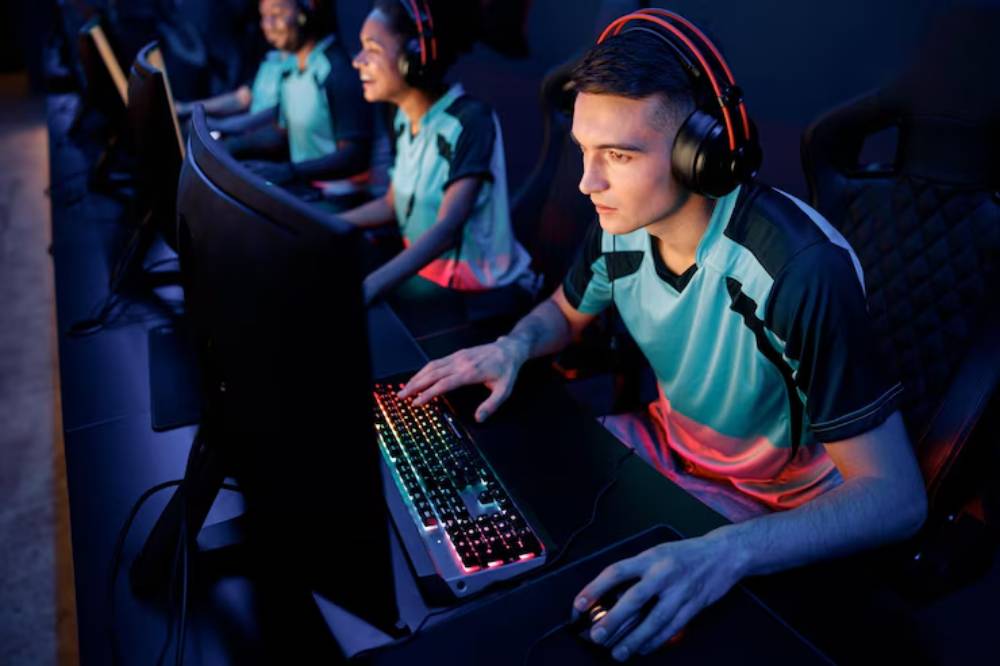
Esports training programs are key for any gamer who wants to compete at top levels. These regimens offer a clear way to develop skills. They help athletes improve their gaming abilities step by step. Here are some key benefits of implementing a structured training programme:
Enhancing Gaming Skills
One of the primary goals of any esports training programme is to improve gaming skills. A good regimen covers many parts of gameplay. It includes mechanics, strategy, and mental strength. Drills sharpen accuracy. Exercises enhance reflexes. Scrimmages allow for strategy testing. Each is vital. Advanced training means breaking down game replays, looking at top-level play, and staying updated on meta changes.
Building Consistency
Consistency is a critical factor in competitive gaming. A training regimen helps athletes develop consistent performance by instilling discipline and routine. Regular training hours, warm-ups, and reviews create a clear path for steady progress. Rituals like pre-match visualisation and cooldowns can boost performance consistency.
Promoting Physical and Mental Well-being
Esports is primarily a mental game. Still, physical health is key to an athlete’s performance. A good training program includes exercises that boost heart health, flexibility, and stamina. Regular exercise lowers the risk of problems from long gaming sessions. This includes repetitive strain injuries and posture issues. Mental exercises, like mindfulness and meditation, help players stay calm. They also improve focus during challenging situations.
Real-Life Applications and Data-Backed Insights
Esports training programs aren’t only about theory. They also have practical uses that data supports. Studies show that structured training can boost reaction times, decision-making, and game performance. A study from the University of Chichester found that pro esports players share cognitive skills with elite athletes in traditional sports. Top esports teams hire data analysts. They study gameplay and find key trends which help shape their strategies.
Additional Expert Tips & Common Mistakes to Avoid
Creating a training plan is important, but knowing how to train effectively is just as crucial. Here are some expert tips and common mistakes to avoid:
Best Practices for Esports Training
- Personalisation: Tailor the training programme to the individual’s strengths and weaknesses. Personalisation helps athletes target areas for improvement. This focus leads to better skill development. A player who finds it hard to decide under pressure can gain from scenario-based training.
- Goal Setting: Establish clear, achievable goals to provide direction and motivation. Goals should be specific, measurable, attainable, relevant, and time-bound (SMART). This could mean achieving a certain rank, raising kill/death ratios, or improving how the team communicates.
- Regular Assessment: Continuously assess progress to identify areas for improvement. Regular assessments keep athletes on track. They help make needed changes to training plans. Common tools to measure development include video reviews, performance stats, and feedback sessions.
Common Mistakes and Misconceptions
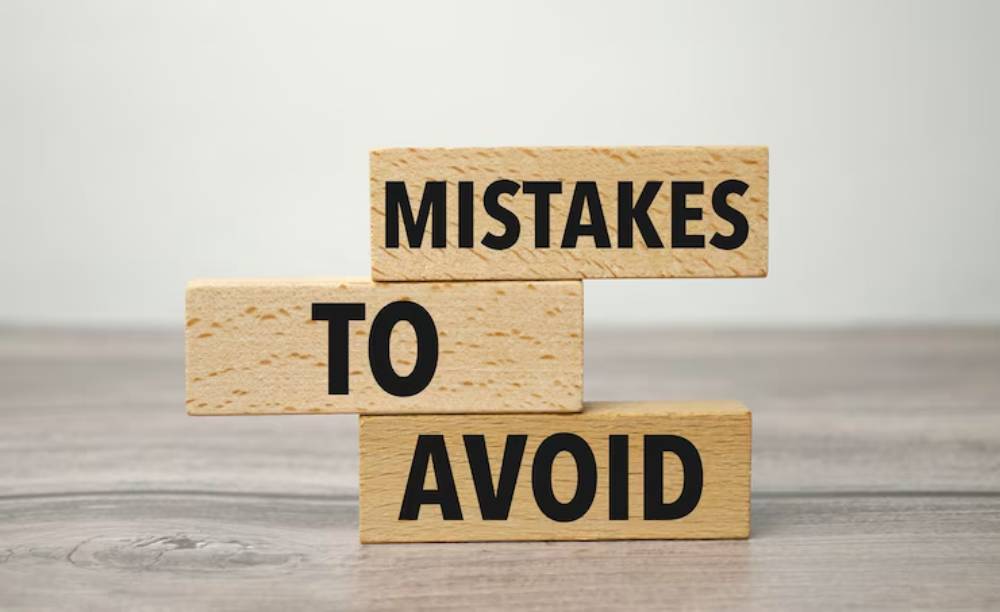
- Ignoring Physical Health: Many new esports athletes only work on their gaming skills and forget about their physical health. A balanced regimen includes physical exercises to enhance overall performance and prevent burnout. Stretching, cardiovascular workouts, and ergonomic setups should be standard practice.
- Overtraining: While dedication is crucial, overtraining can lead to fatigue and diminished performance. It’s important to strike a balance between practice and rest to allow for recovery and growth. Incorporating scheduled breaks and sleep hygiene education can mitigate the risks of burnout.
- Ignoring Mental Health: Mental resilience is a key component of competitive gaming. Ignoring mental health can result in stress, anxiety, and decreased performance. Incorporating mental exercises is vital for maintaining a healthy mindset. Team support, peer encouragement, and mental health resources are key to a player’s success and longevity.
Advanced Insights and Expert Recommendations
To boost the success of an esports training program, keep these expert tips in mind:
Incorporating Technology
Utilise technology to track performance metrics and analyse gameplay. Video analysis software and performance-tracking apps provide helpful insights into gameplay. They show patterns and ways to improve your skills. AI coaching platforms are popping up. They provide feedback using algorithms to evaluate in-game actions.
Emphasising Team Dynamics
Understanding team dynamics is crucial for team-based esports. Add exercises that boost communication, teamwork, and planning. This will help improve team unity and performance. Team-building exercises, role clarification workshops, and post-match reviews foster unity and collective learning.
Leveraging Professional Coaching
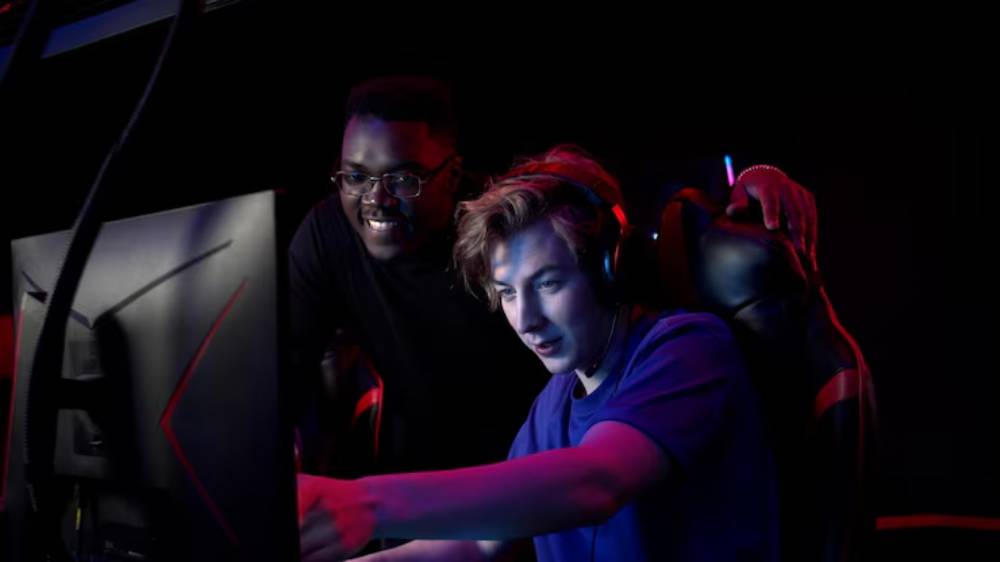
Work with esports coaches for expert advice and customised training plans. Coaches offer valuable insights into advanced strategies, game mechanics, and mental preparation techniques. Coaches can do more than improve gameplay. They can help solve conflicts. They boost team synergy. They also bring in ideas from performance psychology.
Exploring Diverse Game Genres
Encourage athletes to try different game genres. This helps them build a wider skill set. Playing various types of games boosts adaptability and strategic thinking. These skills are vital in competitive gaming. For instance, strategy games like StarCraft II improve multitasking and macro-management. Meanwhile, FPS games enhance reflexes and hand-eye coordination.
Conclusion: Developing a Training Regimen for Aspiring Esports Athletes
Creating a training plan for esports athletes takes careful planning and action. Focusing on skill improvement, consistency, and well-being helps athletes boost their gaming skills. This approach leads to success in esports. With the industry growing, structured training programs are more important than ever. Aspiring athletes should actively work on their training plans. They can use expert advice and advanced techniques to maximise their potential.
In the world of esports, the journey to success is both challenging and rewarding. Aspiring athletes can transform their passion for gaming into a successful career. They can do this by following a complete training approach. What steps will you take today to enhance your esports journey?
Identify your strengths and weaknesses first. Then, seek resources and mentorship. Commit to a flexible training path. The esports world is vast and offers many opportunities. Equip yourself with the right tools, and you could become the next star of the digital arena.
